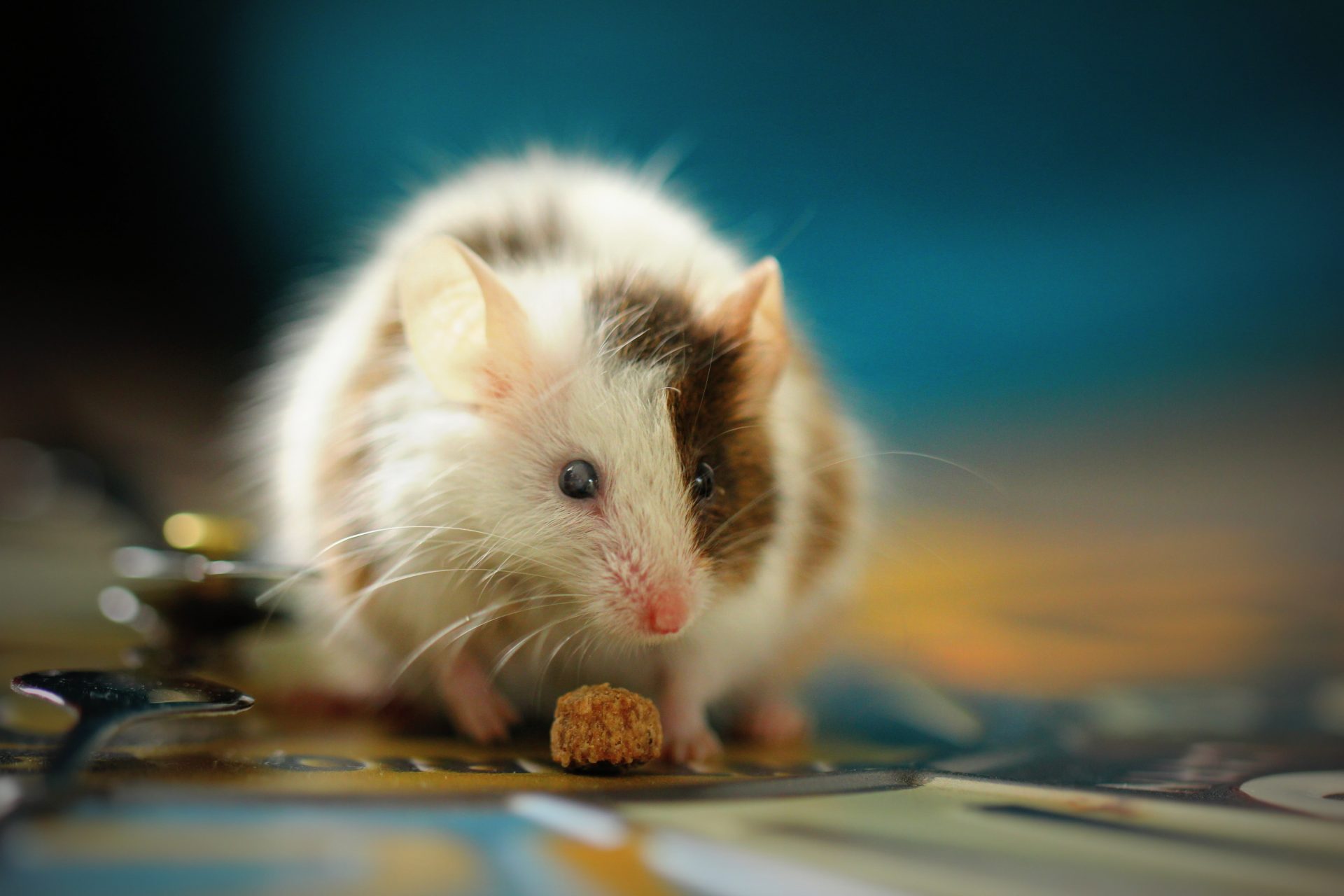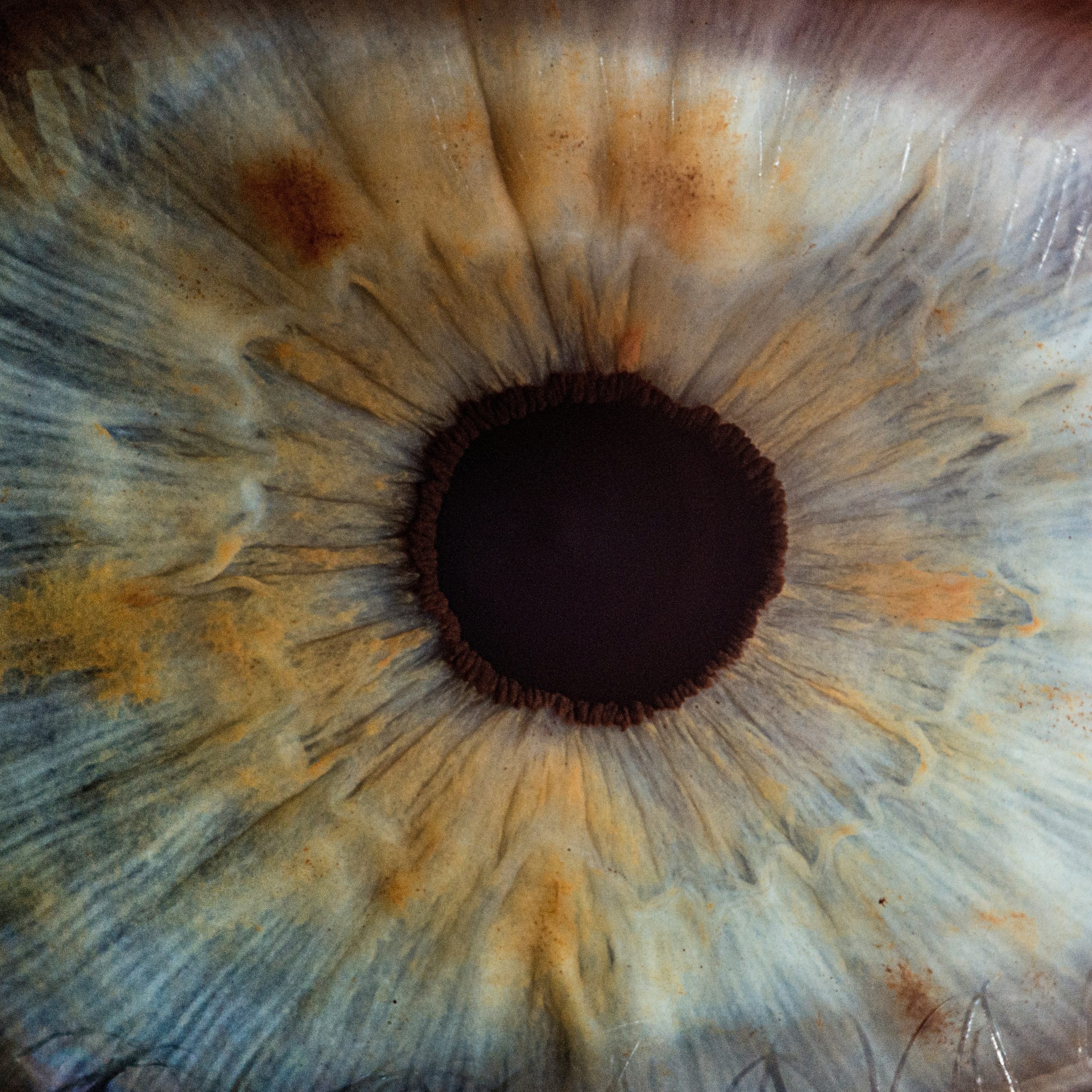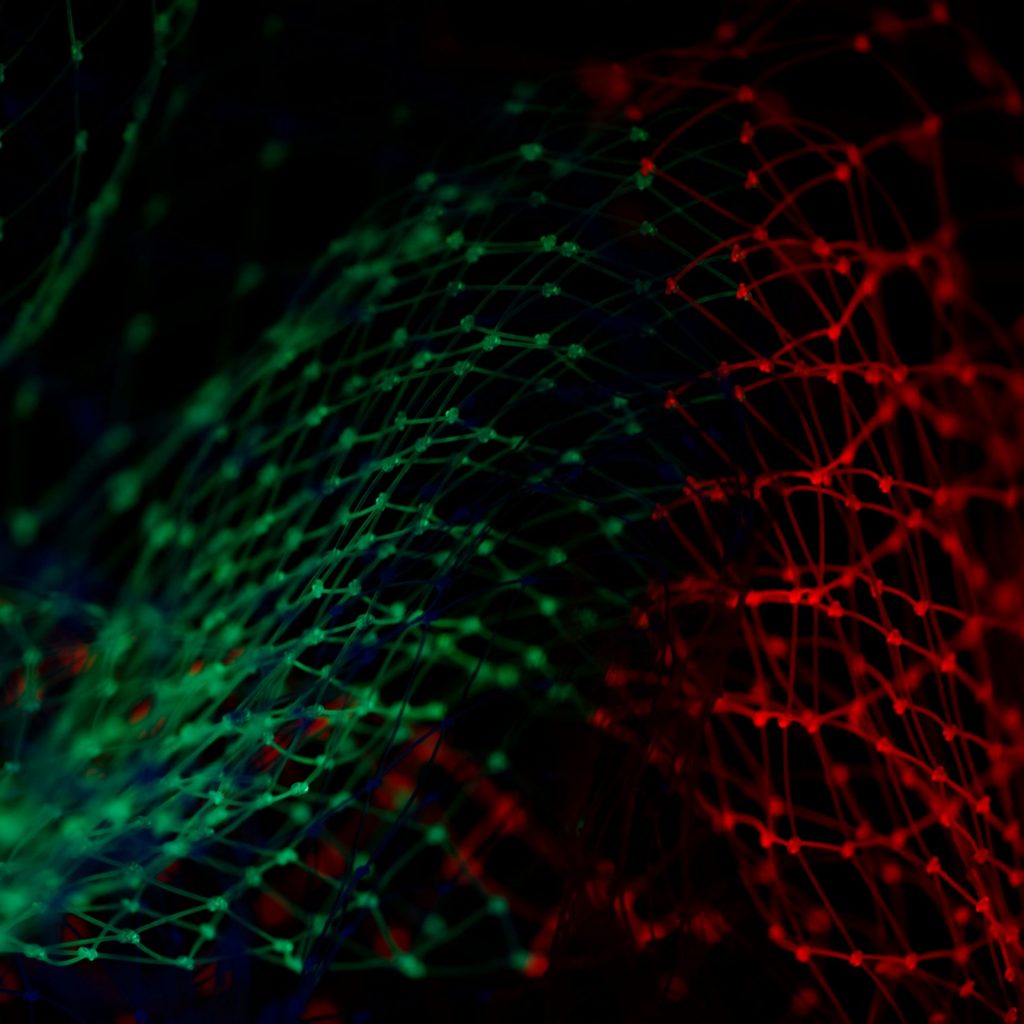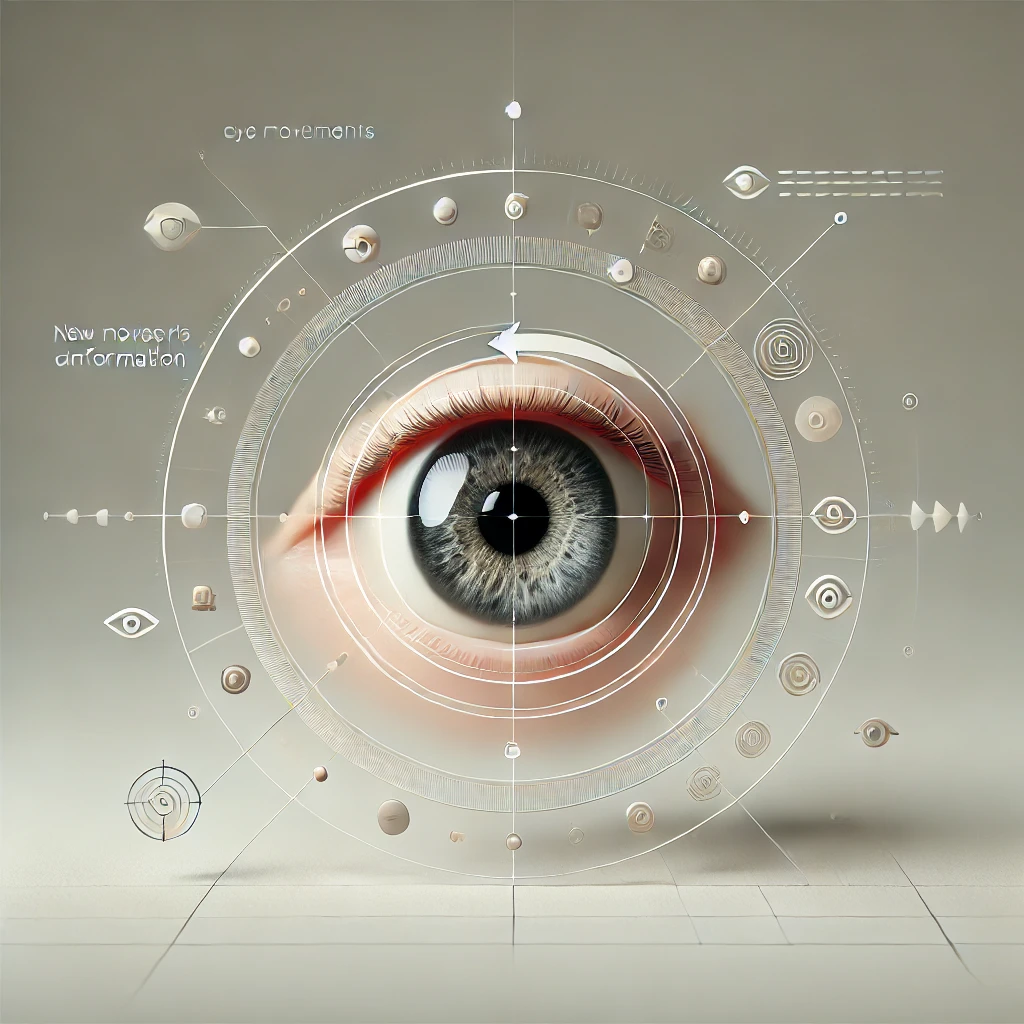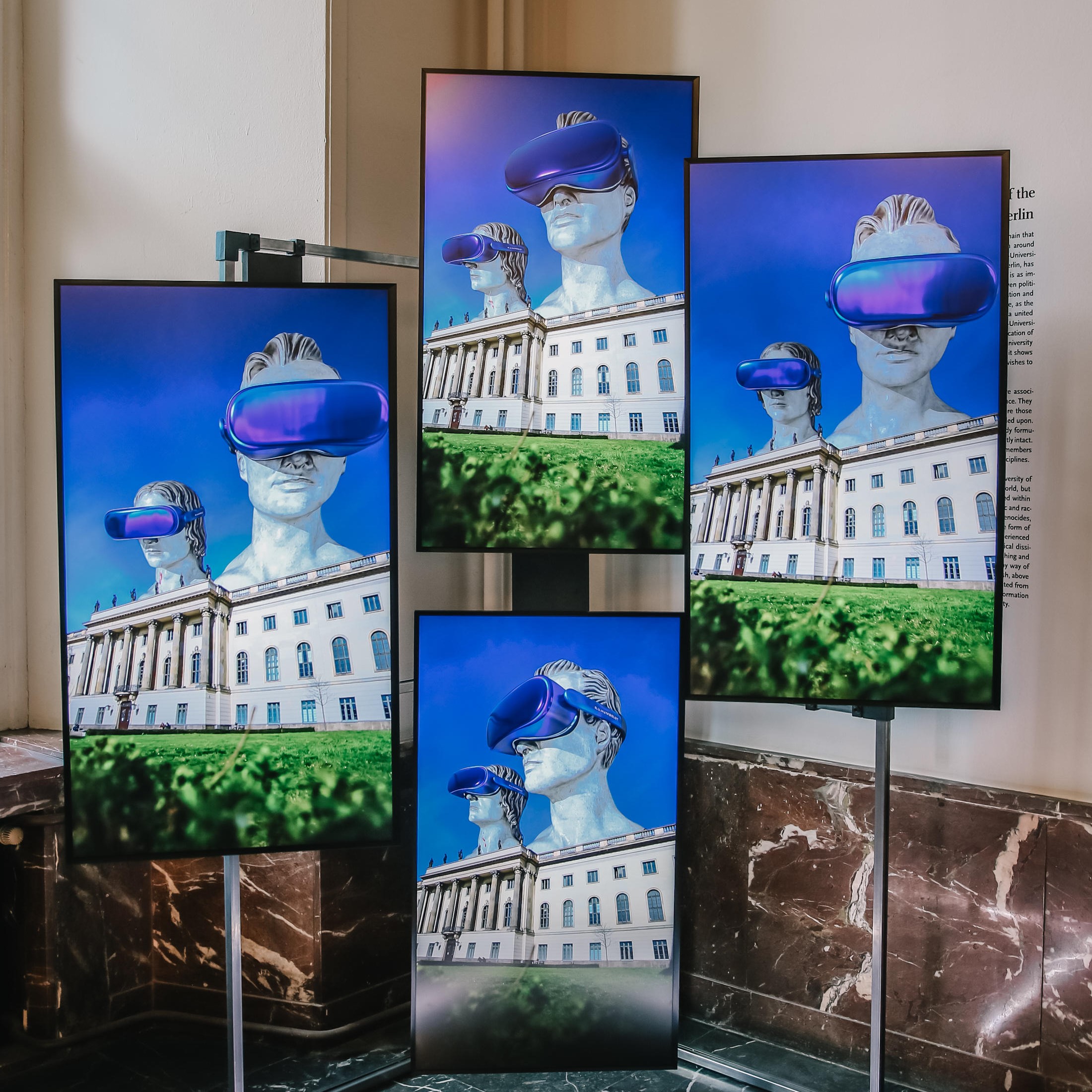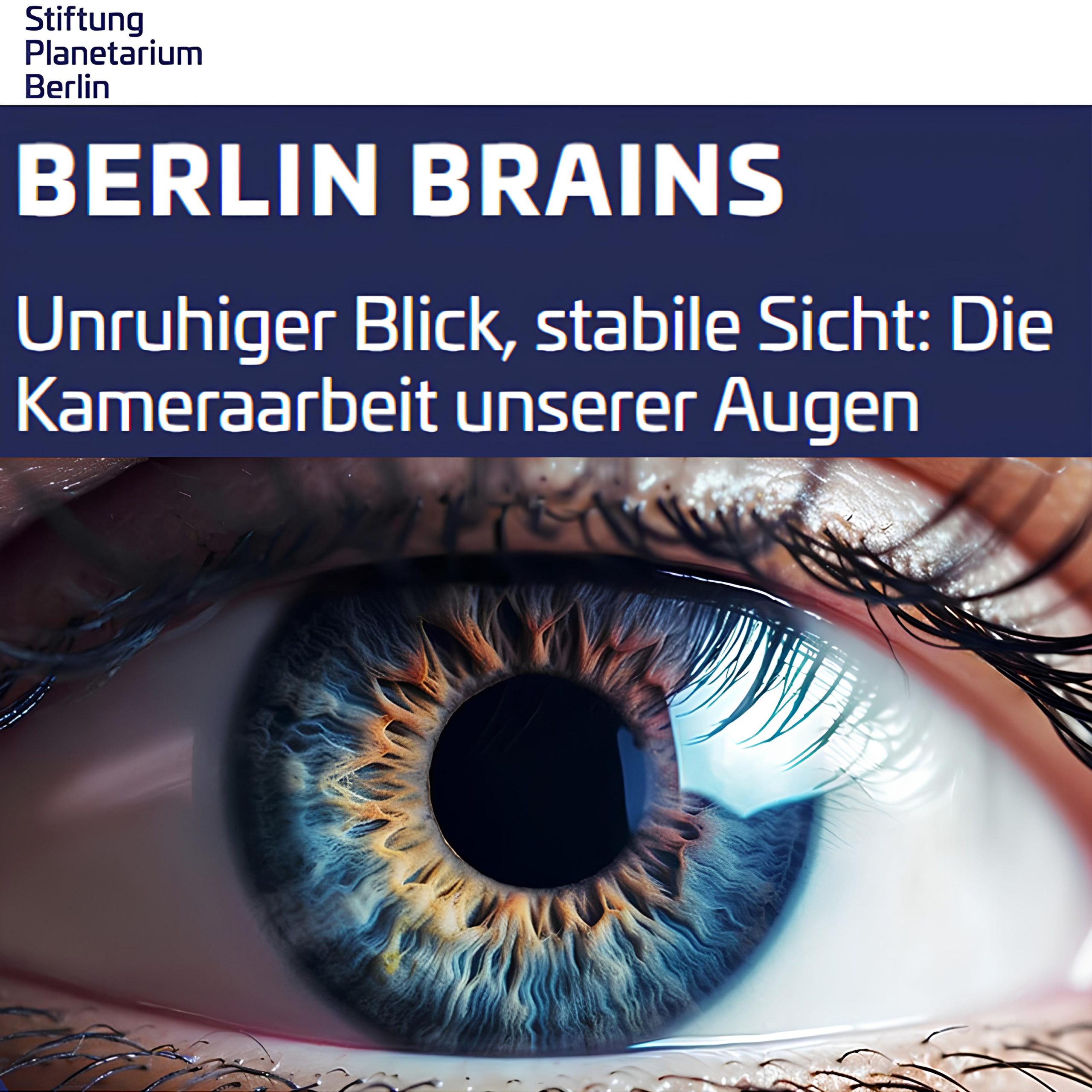Oren Forkosh (The Hebrew University of Jerusalem), ” Behavior, Personality, Social Structure, and Emotions in Freely Behaving Groups of Mice and Other Animals”
MAR 2.057Abstract: In recent years, the study of animal behavior in neuroscience has seen a significant shift towards more naturalistic and less intrusive methods. It is under these conditions that the true spectrum of animal behavior can be exhibited, free from the artificial constraints and stressful conditions often imposed by traditional laboratory settings. In this talk, I will focus
